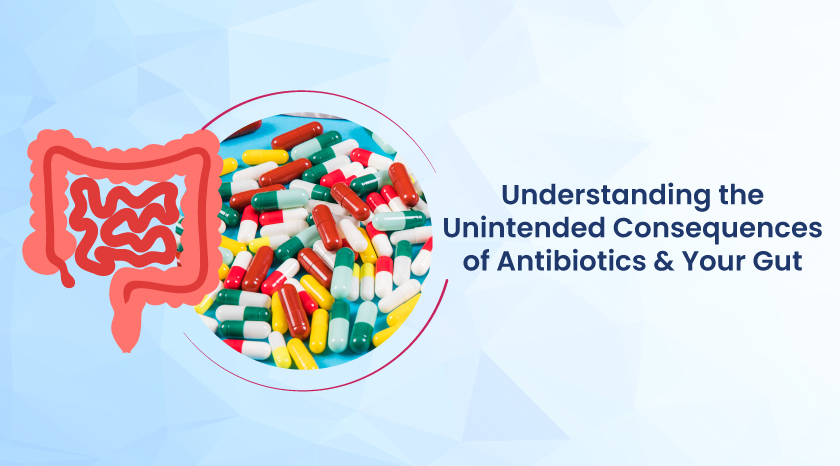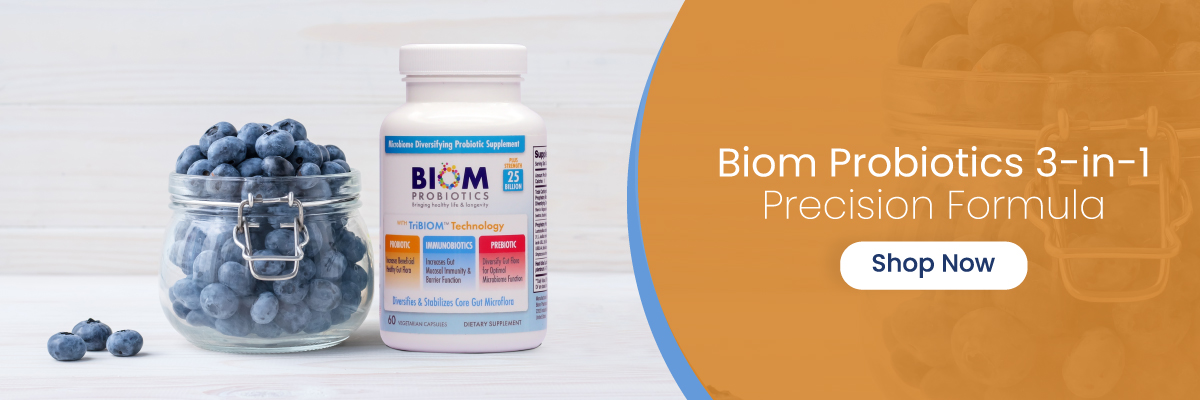Antibiotics are invaluable in modern medicine, effectively combating bacterial infections and saving countless lives. However, their use can have unintended consequences, particularly on the gut microbiome. This complex community of microorganisms is vital for digestion, immune function, and overall health. Understanding how antibiotics affect your gut and what you can do to mitigate these effects is crucial for maintaining long-term well-being.
How Antibiotics Affect the Gut Microbiome
- Disruption of Gut Flora:
- Antibiotics do not differentiate between harmful pathogens and beneficial bacteria. Consequently, they can significantly disrupt the gut microbiome by killing off beneficial bacteria, leading to an imbalance known as dysbiosis.
- Short-Term Side Effects:
- Common short-term side effects of antibiotic use include diarrhea, nausea, and stomach cramps. These occur because the balance of gut bacteria is disturbed, affecting the digestive process.
- Long-Term Health Implications:
- Prolonged or repeated antibiotic use can lead to long-term changes in the gut microbiome. Dysbiosis has been linked to various chronic conditions such as irritable bowel syndrome (IBS), inflammatory bowel disease (IBD), obesity, and even mental health issues like anxiety and depression.
- Increased Risk of Infections:
- The reduction in beneficial bacteria can weaken the gut’s defense mechanisms, making it easier for opportunistic pathogens, such as Clostridium difficile (C. diff), to cause infections.
Mitigating the Negative Effects of Antibiotics
- Probiotic Supplementation:
- Probiotics are live beneficial bacteria that help restore the balance of the gut microbiome. Taking probiotic supplements during and after antibiotic treatment can reduce the risk of antibiotic-associated diarrhea and help re-establish a healthy microbial community.
- Prebiotics and a Fiber-Rich Diet:
- Prebiotics are non-digestible fibers that serve as food for beneficial bacteria. Consuming prebiotics and a diet rich in fiber supports the growth of healthy gut bacteria, promoting a quicker recovery of the microbiome after antibiotic use.
- Mindful Antibiotic Use:
- Only use antibiotics when prescribed by a healthcare professional for bacterial infections. Avoid using them for viral infections like colds and flu, which do not respond to antibiotics and contribute to antibiotic resistance.
- Hydration and Balanced Nutrition:
- Staying hydrated and maintaining a balanced diet rich in fruits, vegetables, whole grains, and lean proteins supports overall health and aids in the recovery of the gut microbiome.
- Post-Antibiotic Care:
- Continue taking probiotics for several weeks after completing an antibiotic course to ensure the microbiome is fully restored. Regularly consuming fermented foods like yogurt, kefir, sauerkraut, and kimchi can also support gut health.
For a reliable and effective probiotic supplement to support your gut health during and after antibiotic use, consider BIOM Probiotics 3-in-1, available at BIOM Probiotics. This advanced formula combines probiotics, prebiotics, and postbiotics to provide comprehensive support for your gut health, ensuring you achieve optimal wellness even during antibiotic treatments.





